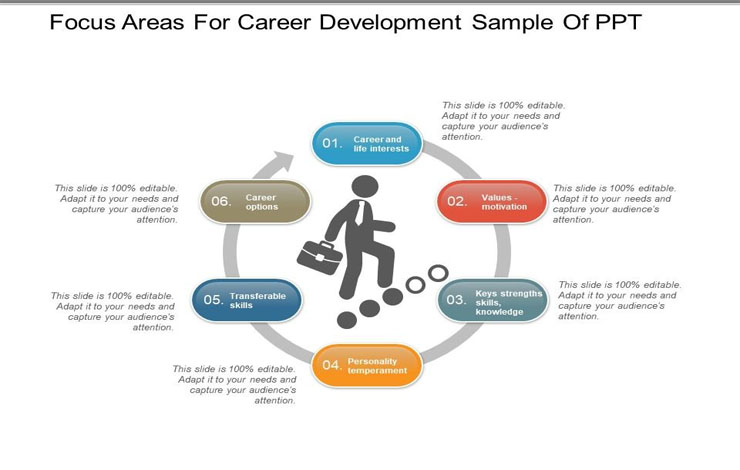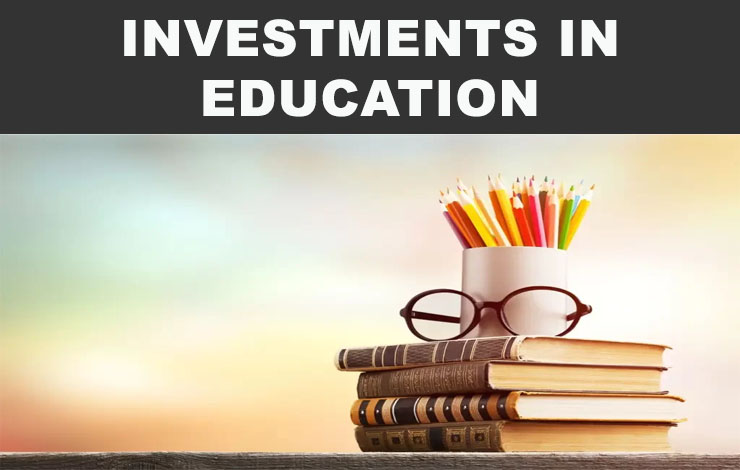In an increasingly competitive and dynamic world, investing in education has become crucial to boost one’s professional career.
The constant search for knowledge and personal improvement not only increases employment opportunities, but also provides the skills needed to excel in an ever-evolving job market.
Therefore, in this article, we will explore strategies and tips on how to invest in yourself to boost your career, addressing best practices to enhance your education.
Why is investing in education important for your career?
Investing in education is fundamental to keep up with the demands of the current labor market. Technology is evolving rapidly, new professions are emerging, and the skills required by employers are constantly changing.
By investing in yourself, you acquire up-to-date knowledge, develop relevant skills, and stay competitive in your field. In addition, education expands your network, improves your confidence, and opens doors to professional opportunities.
How to identify areas of development?

Career Development Areas
Before investing in your education, it is essential to identify the areas in which you need to develop. Reflect on your current skills and analyze the market demands in your area of interest.
Therefore, consider attending professional events, talking to experienced professionals, and researching industry trends. This will help you understand which competencies are valued and direct your educational efforts more effectively.
What are the investment options in education?
There are several options for investing in education, and the choice will depend on your individual needs and goals. Some of the most common options include:
a) Face-to-face and online courses: These options give you the opportunity to acquire specific knowledge and hone technical skills in areas relevant to your career. Online courses have become increasingly popular due to the flexibility of schedules and the diversity of topics available.
b) Certifications and diplomas: Earning recognized certifications and degrees in your field can boost your credibility and prove your skills to employers. Research reputable institutions and relevant programs to earn industry-recognized certifications and degrees.
c) Postgraduate studies: Considering a graduate program can be an excellent option to deepen your knowledge and become an expert in your field. Review the available programs and make sure they are aligned with your career goals.
d) Self-taught learning: In addition to formal education options, it is also possible to invest in yourself through self-taught learning. Take advantage of online resources, books, podcasts, and other sources of knowledge to gain relevant skills and stay current in your field.
How to reconcile investment in education with work and other responsibilities?
Reconciling investment in education with work and other responsibilities can be challenging, but it is entirely feasible with proper planning. Consider the following strategies:
a) Set clear goals: Set short- and long-term goals for your education and set a realistic timeline for achieving them. Divide your study time into smaller, regular sessions to improve efficiency.
b) Use online resources: Take advantage of online resources, such as courses and learning materials, that offer flexibility of access and allow you to study at your own pace.
c) Balance work and study: Communicate with your employer and co-workers about your educational goals. Look for opportunities to apply what you’re learning on the job and take advantage of the support of your professional network.
d) Manage your time: Prioritize your tasks, set a schedule, and avoid distractions. Make efficient use of productivity tools and set clear boundaries between work, study, and personal time.
How to maximize the benefits of investments in education?
To maximize the benefits of investments in education, consider the following strategies:
a) Apply the knowledge gained: Look for opportunities to apply what you’ve learned to professional or personal projects. This will not only reinforce your learning, but also demonstrate your skills to employers.
b) Develop complementary skills: In addition to honing technical skills, develop complementary skills such as communication, leadership, and teamwork. These skills are highly valued in any field.
c) Cultivate a professional network: Attend industry events, professional associations, and networking groups to expand your network. Connecting with experienced professionals can open doors to career opportunities and mentoring.
d) Stay up-to-date: Learning doesn’t end with a single investment in education. Stay up-to-date on trends and advancements in your field, attend workshops, and be open to ongoing learning opportunities.
What did we learn in this article?

Opportunities
Investing in education is one of the best investments you can make in yourself. Through the constant improvement of your skills and knowledge, you become a more competitive professional, open doors to opportunities and boost your career.
Therefore, by identifying areas of development, choosing the right investment options, reconciling responsibilities and maximizing benefits, you will be on track to excel in your field in an increasingly demanding world. Don’t wait any longer, start investing in your education today and reap the rewards in the future.
Images:
slideteam.net
freepink.com
